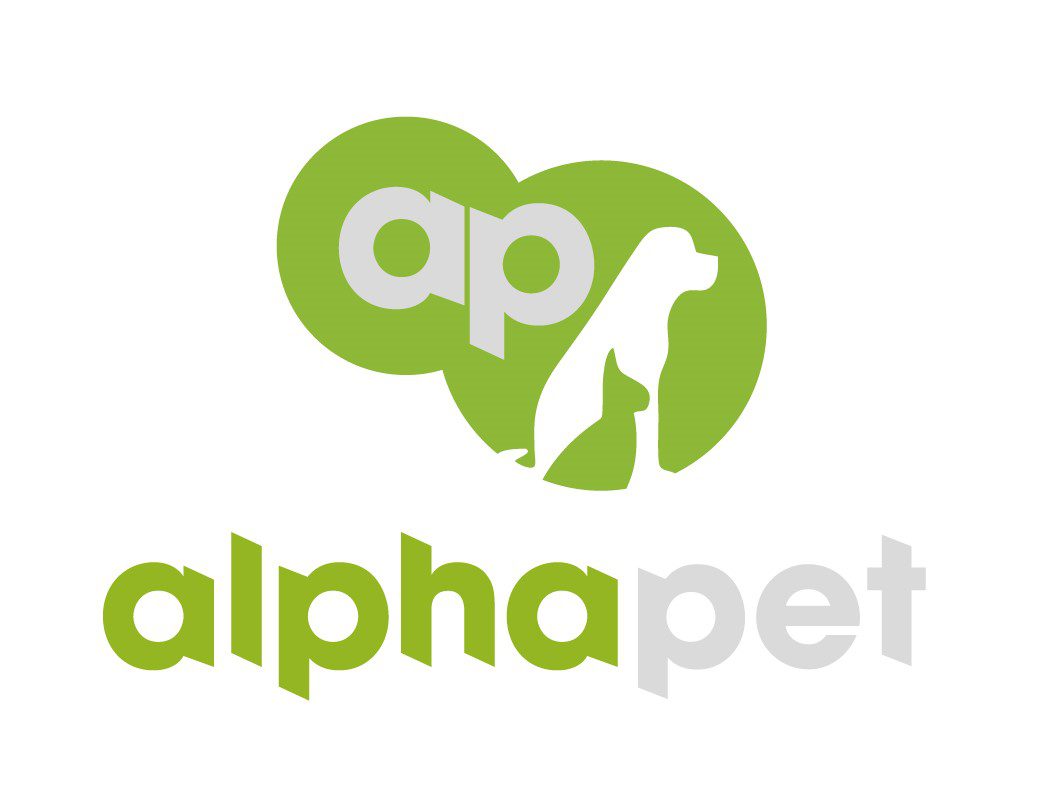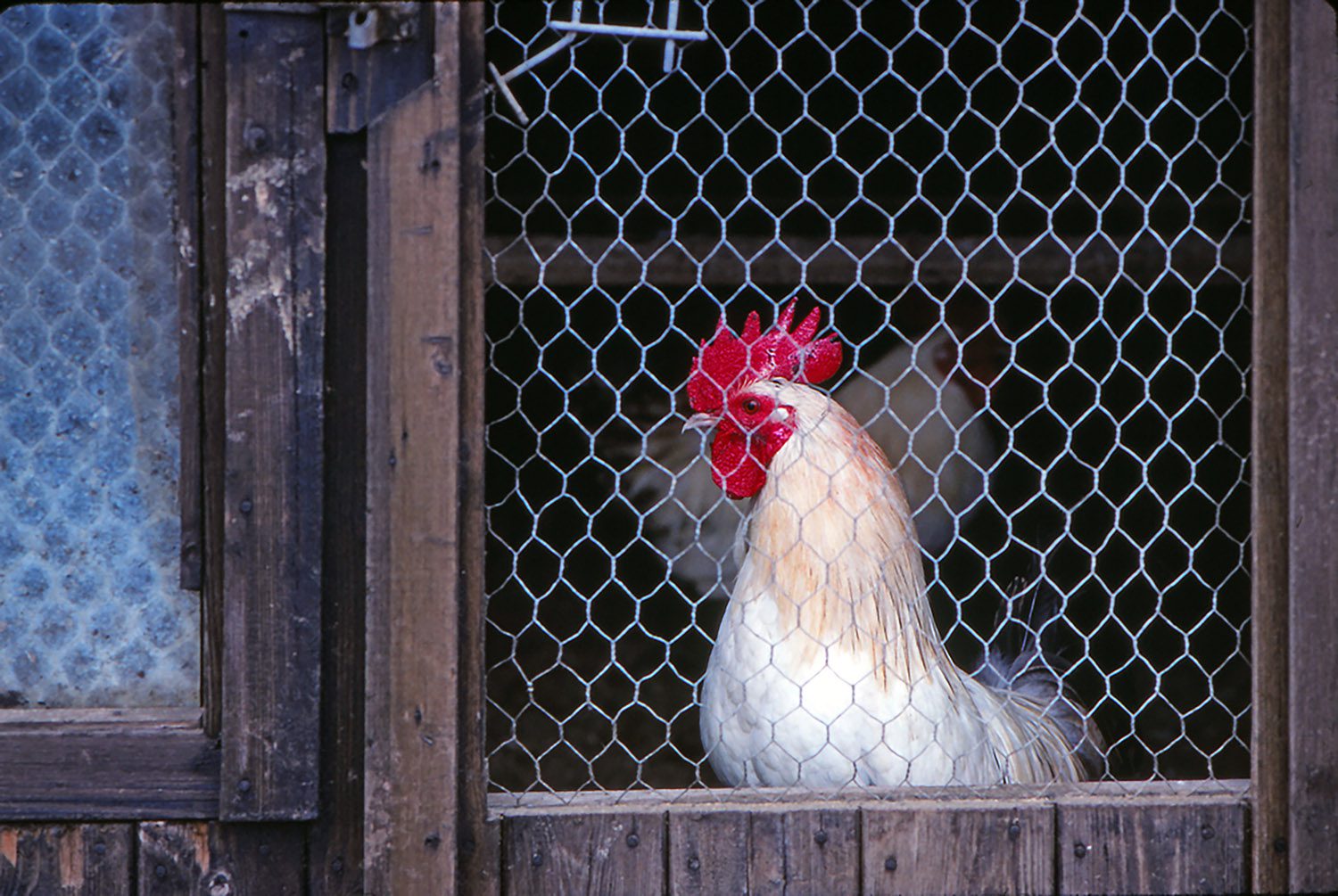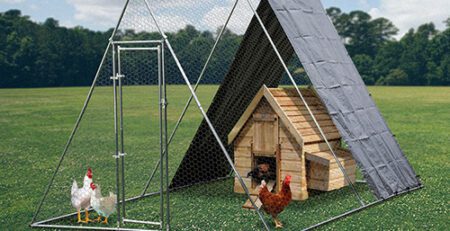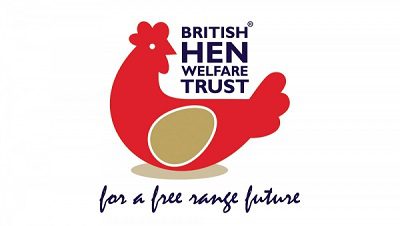Avian Flu Restrictions: How to cope
Unlike in recent years, the avian flu outbreak never completely went away in 2022. As winter approached the numbers started to rise again, leading to the measures to combat the spread of the disease. Migrating wild birds also increase the risk of transmission to both native wild birds a poultry flocks. For the latest information from DEFRA the place to go is the official government website. Here you will find up to date information specific to your area. There is information on how to spot symptoms of avian flu, and tips on how to protect your birds. This guidance applies in England Wales an Scotland. For Northern Ireland go to the DAERA website.
The volume and detail of avian flu information on the government website can be daunting, Seeking advice from other keepers may be helpful. If you are on Facebook there are a number of groups that you can join. It is best to stick to those aimed at the UK as other countries have different restrictions in place. Also beware of conflicting opinions but it is usually possible to get a majority view on the best course of action.
Avian Flu: Some Basic Safeguards
The key to avian flu protection, of course, is to keep your chickens away from wild birds. That means keeping them enclosed in a run and undercover. Wild birds can pass on the virus either by close contact or in droppings. Covering the run reduces the chances of droppings landing amongst your chickens. Tarpaulins are one way to cover the run. If you have purchased a purpose built chicken run, then your supplier may stock covers. You can more to provide shelter to the entire length of the run whilst restrictions are in place. Erecting additional netting can also kelp to prevent wild birds from getting up close to your chickens. Remember though that chickens do need light.
It is also important to note that the avian flu virus can survive for several days in bird droppings. You do not want to walk infected droppings into your run. It is important to protect against this type of contamination getting inside the run. Fine mesh netting may catch bird droppings but rain can wash it into the run below so tarpaulins or similar are more effective on the roof. If you step in droppings in your garden these can be transferred into the run. Either change your footwear before entering or you can use a disinfectant foot bath before entering. Also ensure that all food and water supplies cannot be accessed by wild birds in order to avoid risk of contamination.
There is no word on how long the avian flu restrictions, or “flockdown” might last. If previous years are anything to go by it may be several months. During this time it is important to keep an eye on your run for wear and tear and wind damage. Check for damage to frame, wire and netting and make sure that gaps do not open up that can allow wild birds to get in.
UPDATE: Alphapet® chicken run covers will be back in stock early December 2022.









Leave a Reply
You must be logged in to post a comment.